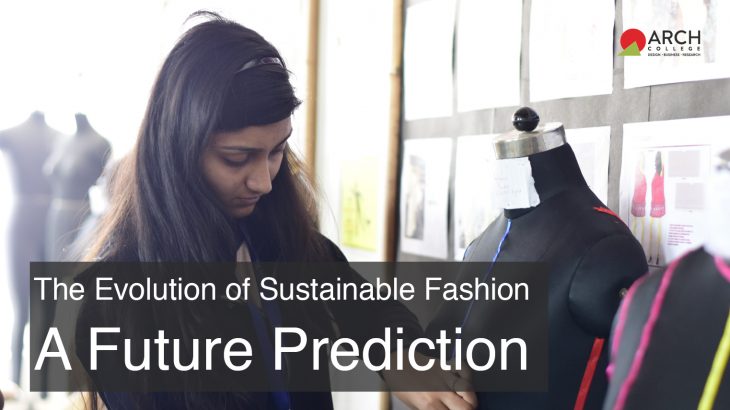Welcome to this recent time, where the fashion business has felt a significant alteration, with sustainability evolving as a pivotal concern for both consumers & designers alike. This shift towards eco-conscious fashion has been driven by a growing awareness of environmental and social issues, as well as an increasing demand for ethical and sustainable clothing options. As we look ahead to the future of fashion, it’s clear that sustainable fashion will play an even more significant role in shaping the industry. Here, we will discuss the development of supportable fashion & make predictions about its future.
The Rise of Sustainable Fashion
The idea of bearable style is not entirely new; it has added a fine momentum over the past decade. Old-style fashion practices, characterized by fast fashion and disposable clothing, have come under scrutiny for their harmful ecological, and social impacts. This has prompted a revaluation of how we produce, consume, and perceive fashion.
One important driver of this shift has been the increasing awareness among consumers. People are becoming more conscious of the environmental consequences of their choices and the working conditions in the fashion industry. As a result, consumers are actively seeking out sustainable and ethical fashion brands.
Education and Training in Sustainable Fashion
To meet the growing demand for a justifiable style, educational institutions have also adapted. Top colleges for fashion design across India, including institutes in Jaipur, are now offering specialized programs that focus on sustainability. These programs not only teach students the fundamentals of style design but also instill a strong understanding of sustainable practices in the industry.
Getting a bachelor’s degree in fashion design with a focus on sustainability has become a desirable path for aspiring designers. As the sector continues to evolve, having the knowledge, and skills to create eco-friendly clothing will be a significant advantage for graduates. These programs emphasize materials sourcing, production processes, and ethical considerations, equipping students with the tools to make a positive impact on the fashion world.
The Future of Sustainable Fashion
Looking ahead, the future of sustainable fashion appears promising and full of potential. Here are some predictions for how the industry will continue to evolve:
1. Innovation in Sustainable Materials: As technology advances, we can expect to see a surge in innovative, sustainable materials. From lab-grown leather to materials made from recycled plastic bottles, creators will have a broader array of eco-friendly selections to choose from. This will not only reduce the fashion business’s dependence on traditional, resource-intensive materials but also inspire creativity in the project.
2. Circular Fashion Economy: The industry of fashion will continue to shift towards a circular economy, where clothing is designed to be reused, repaired, and recycled. Brands will place a greater emphasis on durability, making it easier for consumers to extend the lifespan of their clothing through repairs and alterations.
3. Transparency and Ethical Practices: Consumers will demand more transparency from fashion brands regarding their supply chains and labour practices. Brands that prioritize fair wages and safe working conditions will gain a competitive edge. Transparency will also enable consumers to make more informed choices about the products they buy.
4. Local and Artisanal Production: There will be a resurgence of local and artisanal production. Clients will value goods made by expert artisans & craftspeople, supporting local economies & reducing the carbon footprint associated with global supply chains.
5. Sustainable Fashion Tech: Technology will continue to play a significant role in sustainable fashion. From 3D printing to digital design tools, technology will enable designers to create with minimal waste and energy consumption.
6. Educational Initiatives: As the demand for sustainable fashion grows, educational institutions will expand their offerings in this field. More colleges for fashion design in Jaipur and other cities in India will develop programs focused on sustainability, fostering a new generation of eco-conscious designers.
7. Consumer Education: Patrons will become even more cultured about the eco-friendly & social impact of their choices. They will actively seek out brands that align with their values and support sustainability.
So, the future of sustainable fashion holds the promise of a more ethical and eco-friendly fashion industry. As consumers become increasingly conscious of their choices, and educational institutions adapt to meet the industry’s evolving demands, sustainable fashion will continue to thrive and shape our world.
During this changing journey towards a more maintainable future, schooling plays a vital act. For individuals looking forward to building a Career in Fashion Designing, the ARCH College of Design & Business is at the forefront, offering specialized programs that equip aspiring designers with the knowledge and skills needed to navigate this evolving landscape. Their courses include Bachelor’s Degree in Fashion Design. With this devotion, ARCH is poised to drive the maintainable style uprising forward, confirming a brighter, more responsible future for the business.
